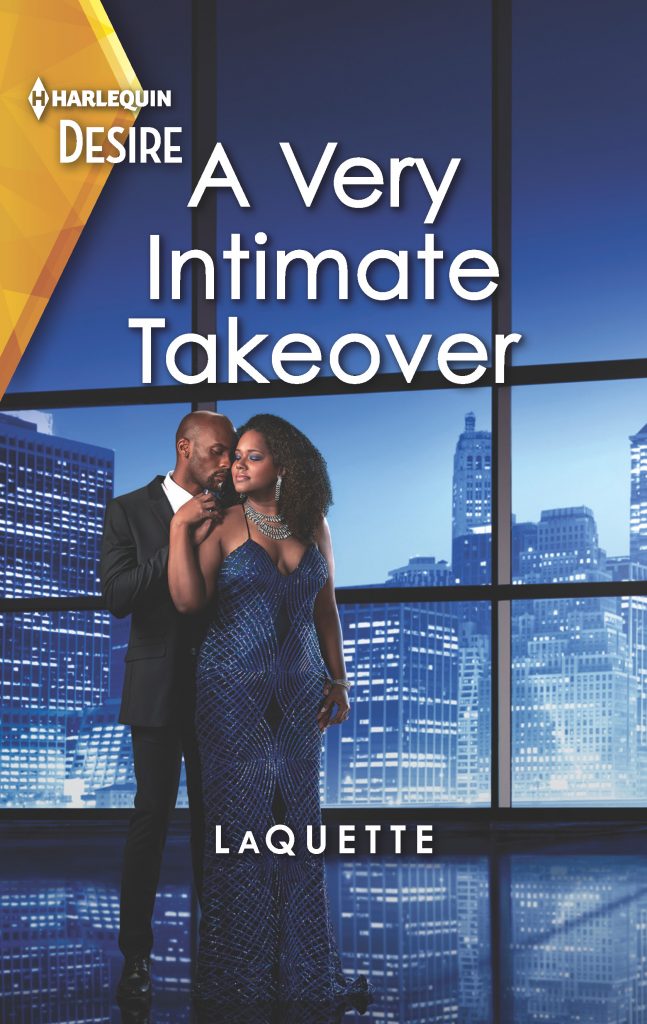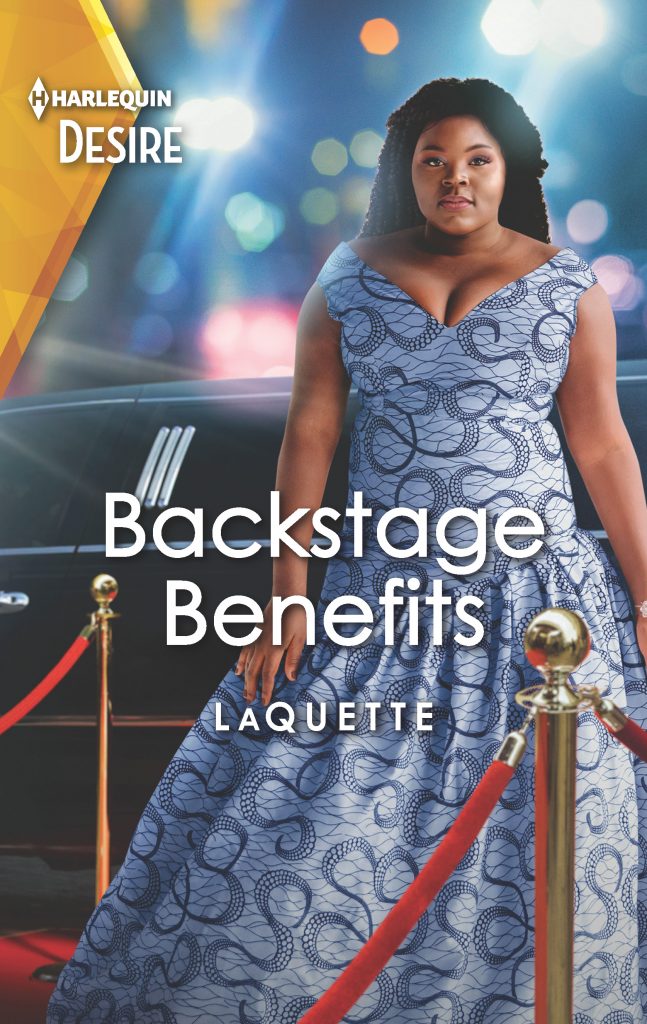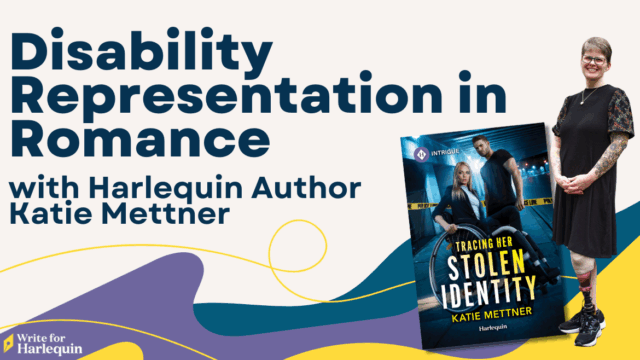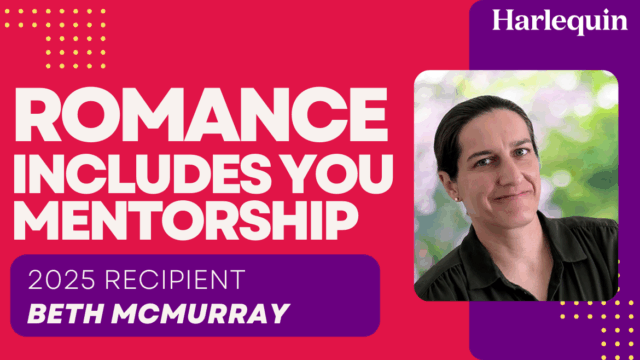
In this two-part installment, meet author LaQuette and Harlequin editor Charles Griemsman as they look back on how they met and the acquisition process.
From what I’ve heard, when most authors get an offer to submit to Harlequin, they’re excited and probably doing a little celebratory dance. For me, it was a bit different. When my agent told me an editor at Harlequin was interested in me submitting to Desire, my response was, “For what?”
I know that might seem like an odd response on its face. However, I’m certain a little context will clarify things for you. I’d started reading Harlequin categories when I was sixteen years old, and every day for the next two years, I consumed them. Although I read many Harlequin stories about different kinds of people falling in love, I never read a book that featured a young Black plus-size heroine from Brooklyn falling in love in a Harlequin category romance. And trust me, I desperately wanted to read that book.
When I couldn’t find that book, I stopped reading romance because, deep down, it felt as if the genre was telling me that I, a young Black plus-size woman from Brooklyn, didn’t deserve love too. So, like Toni Morrison said, when I couldn’t find the book I wanted to read, I wrote it—several times over. For clarity, I’ll add those books did exist: Rochelle Alers, Sandra Kitt, Brenda Jackson, and Frances Ray were just some of the Black romance writers penning stories featuring Black people falling in love. However, they were not accessible to me in my small satellite library in Brooklyn. In my neighborhood, there were no bookstores. Even if there were, as an unemployed kid with no disposable income, I still wouldn’t have had access to those wonderful stories I craved (fortunately, that changed, and I discovered these books in my early twenties). At that time, the only stories I encountered, and had access to, were written by and featured white people.
Fast-forward twenty-five years to when my agent informs me of Harlequin’s interest in my work, and maybe now you’ll understand why I responded the way I did. I was flattered. Of course I was. Harlequin is the publisher whose name is synonymous with romance. How could I not be tickled they wanted me? But since I hadn’t ever seen a heroine like me living in my beloved city of Brooklyn in a Harlequin series romance, it made absolutely no sense to me they’d want me now.
My writing voice is an intentional celebration of everything I am. I had no intention of watering down who I was to suit a series line that, from my limited experience, didn’t appear all that inclusive on its face. In fact, I was so sure this wouldn’t work that I told Charles, my future editor, I believed my voice to be too Black and too Brooklyn to fit into Desire. As a result, I had serious concerns about a partnership with Harlequin.
Charles acknowledged my concerns, admitting that representation was something that Harlequin was still working hard at getting better at, and they wanted my voice, my experiences to be part of the Desire line, part of the change they were working to bring to romance. I’ll admit it: the idea of being part of something like that was tempting. That was especially true because I’d spent a good portion of my career working for inclusion for marginalized authors within the industry. So, when he asked me, “Don’t you think it’s time to bring your curvy Black woman from Brooklyn to the pages of a Harlequin Desire?” I knew I couldn’t say no. And when he asked me to write what amounted to Black Dynasty (the 1980s TV show) set in Brooklyn, there was no doubt I was going to become a Harlequin author.
Good representation is so important. When done well, it does more than tell people their voices and experiences are included. It tells them they belong. At sixteen, the Harlequin series romances I read didn’t show me I belonged, and so I stopped reading them. But now, two-and-a-half decades later, the first of my Devereaux Inc. series, A Very Intimate Takeover, will show the world that my stories, my voice, my experiences, and my identity as a curvy Black woman from Brooklyn belong right next to all those stories that’ve come before.
Look out Harlequin and the world, Brooklyn is finally in the house and she’s bringing more glam, luxury and curves than you can handle.






